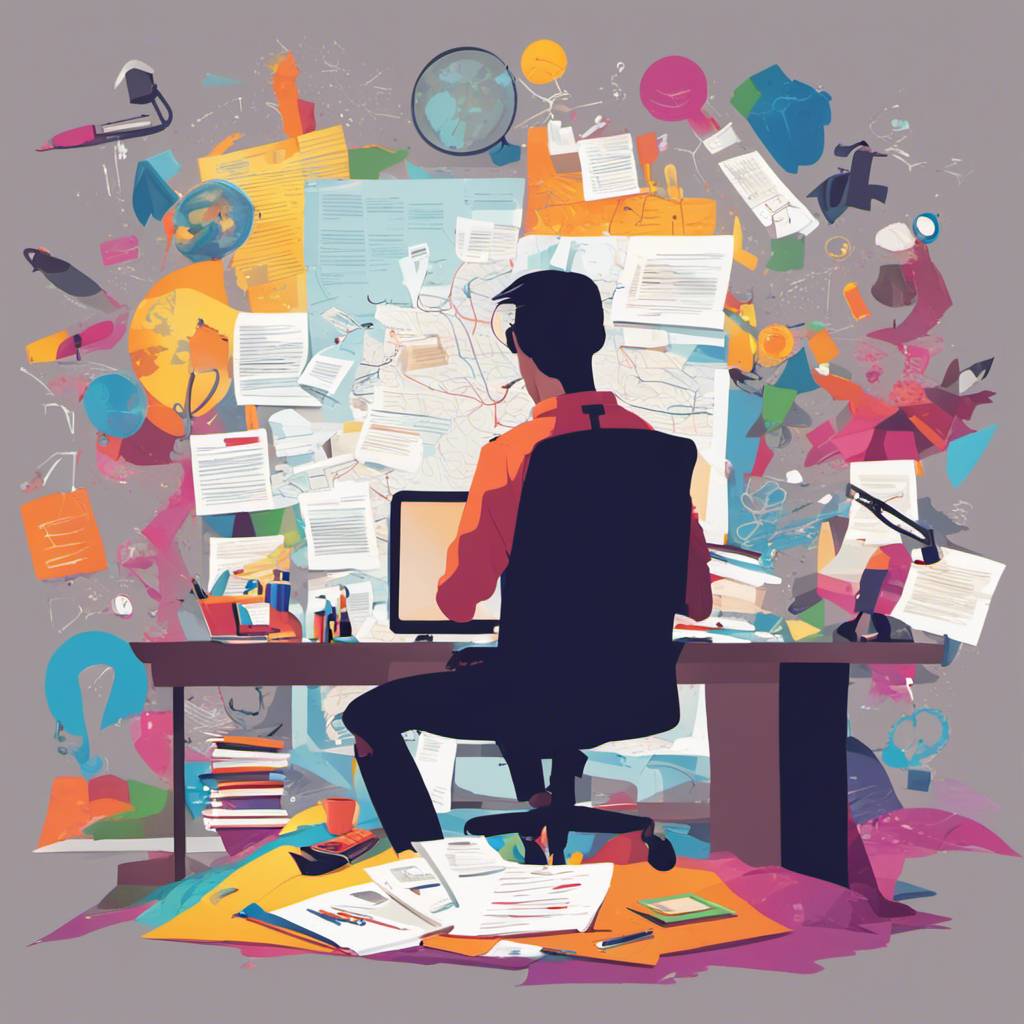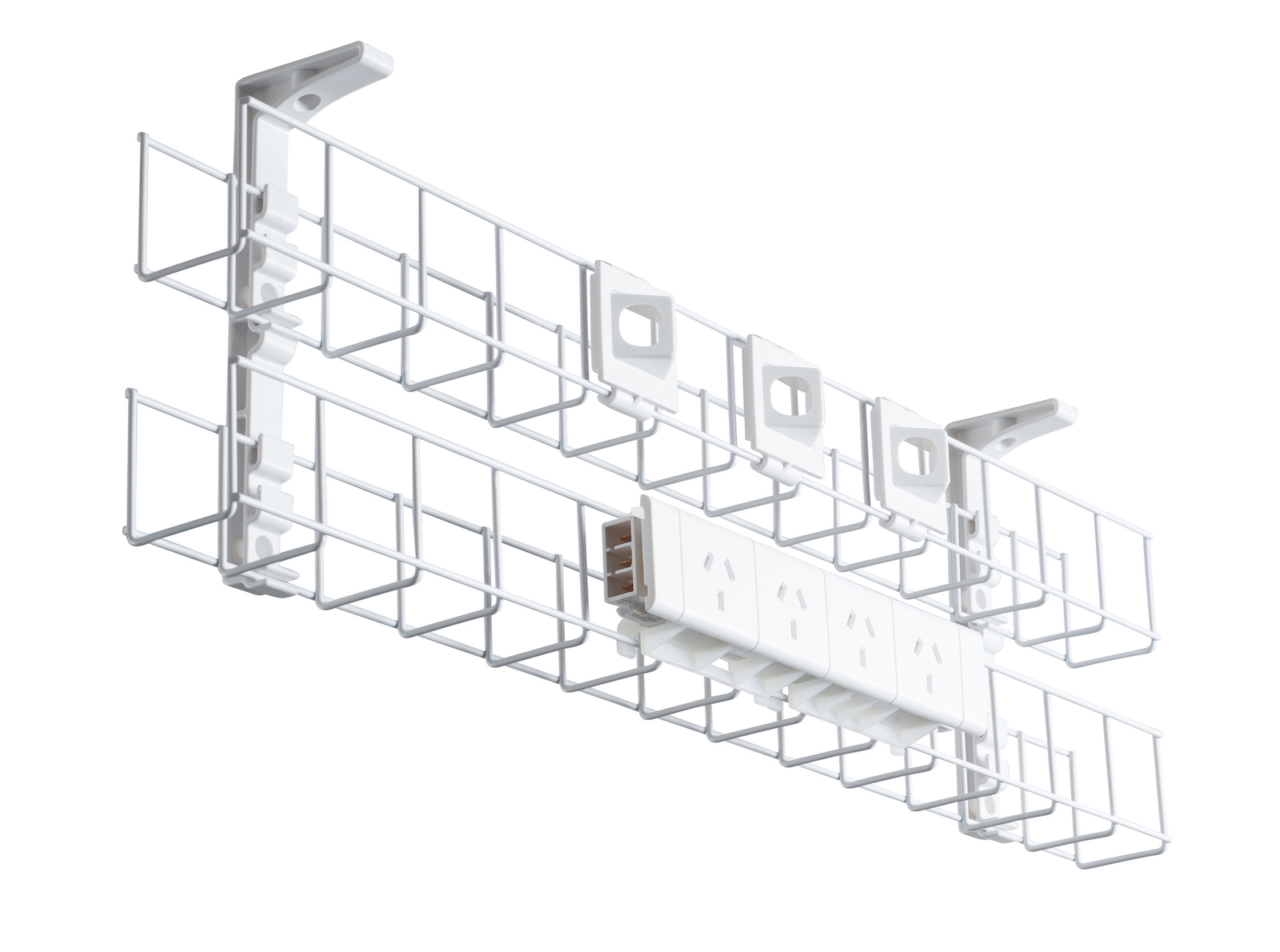
Procrastiworking”: The Subtle Productivity Killer and Strategies to Overcome It
The global productivity crisis is deepening, and a new trend called “procrastiworking” is to blame. From doing laundry while working remotely to getting lost in a sea of Wikipedia articles, we all are familiar with the face of procrastination. Research reveals that about 20% of people worldwide are chronic procrastinators. Meanwhile, a staggering 88% of respondents in a newsletter poll admitted to procrastinating for at least an hour each day.
However, procrastiworking, the more elusive kin of procrastination, is far more difficult to spot as it often camouflages itself as work. Be it tinkering with the typeface on a presentation when you haven’t even completed the content for the final slides, or arranging an office collection for a colleague’s birthday, procrastiworking may seem like work but is essentially a form of procrastination.
Is this habit of delaying crucial tasks by focusing on less significant ones affecting your career progression? Rory Vaden, a renowned leadership speaker and author, has labelled this refined form of procrastination as “Priority Dilution.” He defines it as the deferral of the day’s most important tasks by allowing your focus to shift to less important but perhaps more urgent activities. He warns, “Distraction is a dangerously deceptive saboteur of your goals. You must learn to ignore the small stuff in order to work on the big stuff.”
So, how can you halt procrastiworking and ensure that you’re not squandering your time, energy, and focus on work that isn’t contributing to your professional growth or your company’s objectives? The first step is to recognize it and identify your preferred form of procrastiworking. If you find your concentration dwindling post-lunch and your mind starting to drift, implementing a productivity hack could be the answer.
The Pomodoro Technique, popularized in the 1980s, is one such productivity hack. It involves working in short 25-minute bursts, punctuated by five-minute breaks. Alternatively, you could incorporate a “scary hour” into your routine. This concept, devised by San Francisco-based copywriter Laur Wheeler and now trending on TikTok, entails setting aside 60 minutes exclusively for tasks that you’ve been avoiding due to stress.
Body doubling is another effective strategy to keep yourself accountable and concentrate on deep work. Often employed by neurodivergent workers, body doubling involves virtually co-working with strangers in silence and has been proven to boost productivity.
Ricky Yean, Co-Founder and CEO of body doubling app Flow Club, shares his experience: “Before the pandemic, as entrepreneurs my co-founder and I would often go to coffee shops to co-work and keep each other accountable. During the pandemic, we tried recreating the experience online.”
Procrastiworking can also extend into other areas of our lives such as delaying the search for a new job. If you’re in this boat, why not explore the Euronews Jobs Board? It features thousands of opportunities from companies actively hiring.
For instance, Revolut’s risk team is seeking a Risk Manager responsible for growing their wholesale credit portfolio. Zalando is on the lookout for a Senior Manager, ESG Reporting & Management to steer cross-functional work streams. Ledger, a global platform for digital assets and Web3 founded in 2014, is hiring a Head of Regulatory Affairs for EMEA.
In conclusion, procrastiworking is a subtle but significant drain on global productivity levels. As we navigate this new reality of remote work and digital offices – perhaps from behind an electric height adjustable standing desk or choosing the best sit stand desk for comfort – it’s crucial that we identify and address this phenomenon head-on to safeguard our professional development and contribute meaningfully to our organizational goals.





